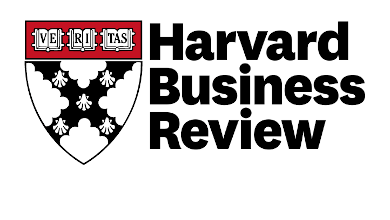Supply chain disruptions continue to cause headaches in many U.S. industries, with the RV world being no exception. The venerable Harvard Business Review, which is celebrating its 100th anniversary this year, becomes the latest to weigh in on the topic.
The invasion of Ukraine by Russia and sanctions imposed on it for doing so and new pandemic-related shutdowns in China are the latest events to rock global supply chains. Combined with the China-U.S. trade war and other pandemic- and climate-related disruptions, it is certain to accelerate the movement by Western companies to reduce their dependency on China for components and finished goods and on Russia for transportation and raw materials and to lead to more localized, or regional, sourcing strategies. If China decides to back Russia in the Ukraine conflict, it would only fuel that movement.
In the 1990s, companies pursued strategies such as outsourcing, offshoring, and lean manufacturing to cut costs, retain market position, or gain competitive advantage. China emerged as a major manufacturing hub to serve global markets, including many Asian economies that were opening up.
Things started to change after the financial crisis of 2008. With a significant increase in oil price in 2008 and a variety of natural disasters, from the SARS epidemic of 2003 to the 2011 tsunami in Japan and flooding in Thailand, industry leaders recognized that the strategies adopted in 1990s could increase their exposure to operational problems and compromise their ability to respond effectively to natural disasters. This led many companies to increase local manufacturing in order to reduce their exposure to global risks and to be able to respond much faster to local demand.
Click here to view the entire report from David Simchi-Levi and Pierre Haren in the Harvard Business Review.
